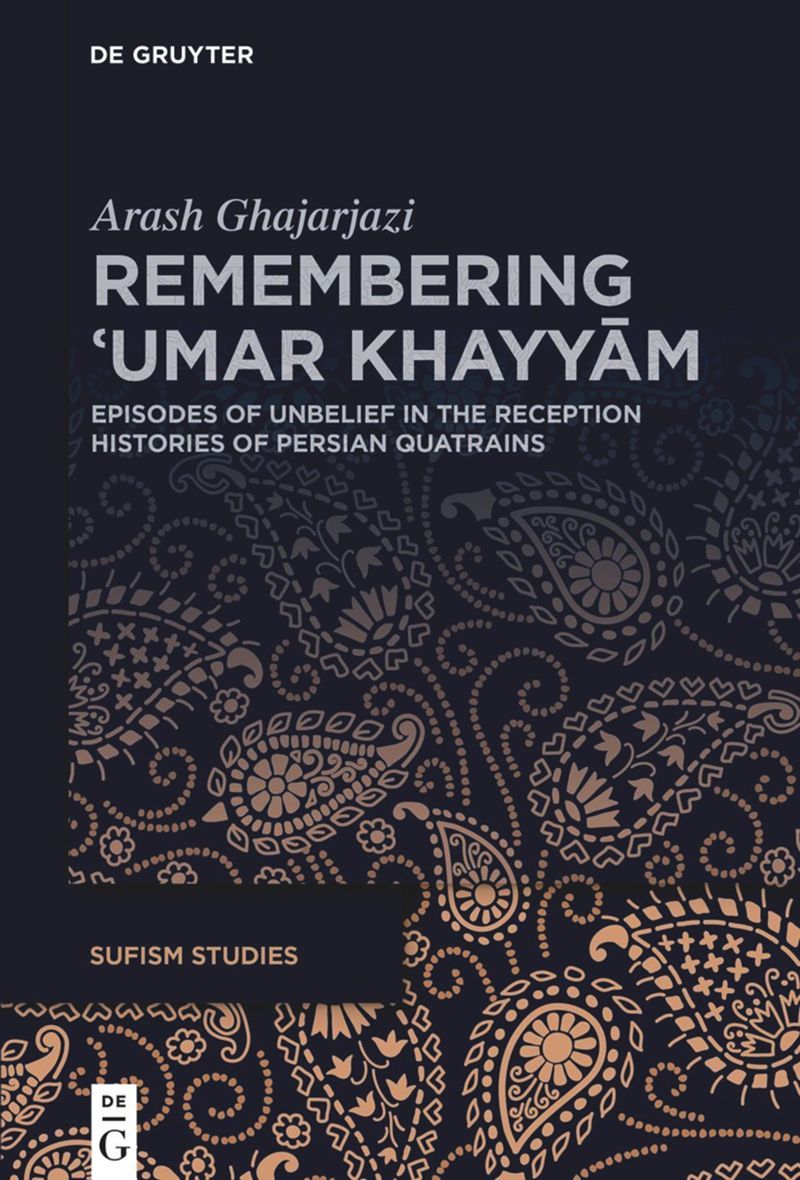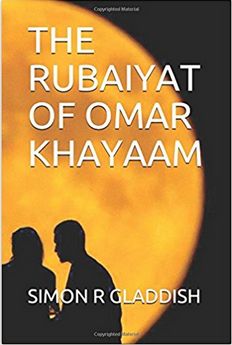Robert Graves’s Mythopoetic Hospitality. Sara Greaves
In: HAL Open Science, 2023
This article draws on poetry criticism, translation studies and, briefly, hospitality studies to revisit the controversial translation of The Rubaiyyat of Omar Khayyam by Robert Graves and Omar Ali-Shah. Graves took an interest in Sufism, especially as a ‘force of mental power which could be created by telepathic communication’ and worked together with the Shah brothers to dislodge Fitzgerald’s nineteenth-century best-selling version and replace it with what was intended to be a founding text of twentieth-century Western Sufism, a ‘secondary original’. Nevertheless, the poet polymath had his own agenda, an act of mythopoetic hospitality that the controversy should not be allowed to overshadow.

